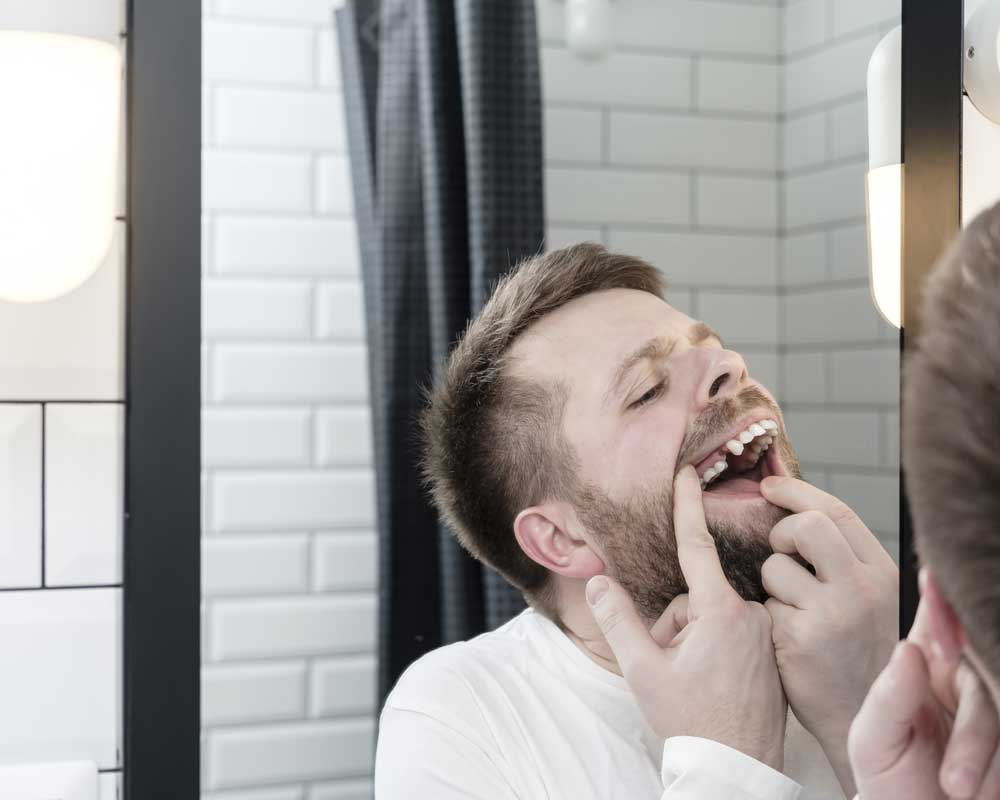Dental emergencies can happen when least expected, often causing pain, discomfort, and distress. understanding how to handle a dental emergency can help you manage the situation effectively until professional care is available. From a knocked-out tooth to severe toothache, it’s essential to act quickly and calmly. This guide will outline the key steps to take during a dental emergency.
Common Dental Emergencies
Dental emergencies can take many forms, but some are more common than others. The most frequent dental emergencies in the UK include toothaches, broken or chipped teeth, abscesses, and knocked-out teeth. According to a study by the British Dental Association, approximately 1 in 5 people in the UK experience a dental emergency each year. Research from the NHS found that around 7.6 million dental appointments are made annually due to emergencies. Knowing what to do in these situations can make all the difference in preserving your oral health.
At our practice A1 Dental Surgery, we specialise in offering emergency dental services for patients who require immediate attention. Whether you have a knocked-out tooth, a severe toothache, or any other urgent dental issue, A1 Dental is equipped to handle various emergencies. Our team of experienced professionals offers prompt, compassionate care, ensuring that patients receive the necessary treatment without delay. Recognising the stress that comes with dental emergencies, we are committed to providing rapid assistance.
Immediate Actions for a Knocked-Out Tooth
If you lose a tooth due to an accident or injury, it’s crucial to act fast. The chances of saving the tooth decrease with every minute that passes. First, try to pick up the tooth by the crown (the top part) rather than the root. Gently rinse the tooth with clean water if it is dirty, but avoid scrubbing it. If possible, place the tooth back in its socket and bite down gently to keep it in place. If you cannot reinsert the tooth, store it in a clean container with milk or your own saliva. Visit your dentist or the nearest A&E department as soon as possible. Research shows that replanting a tooth within 30 minutes to an hour of losing it offers the best chance of successful reinsertion.

Dealing with a Toothache
A toothache can occur for different reasons, from decay to gum infections. If you experience severe pain, take an over-the-counter painkiller, such as ibuprofen, following the recommended dosage for your age and weight. Avoid placing aspirin directly on the tooth or gums, as this can cause irritation. Rinsing your mouth with warm salt water can help alleviate some discomfort, and using a cold compress on your cheek may reduce swelling. However, a toothache is often a sign that something is wrong, so it is essential to seek dental care as soon as possible. According to the NHS, toothache is one of the most common reasons for dental visits in the UK, with around 20% of adults seeking treatment for it each year.
Managing a Broken or Chipped Tooth
If you chip or break a tooth, it’s important to save any broken pieces you can find, as these may be useful for the dentist. Rinse your mouth with warm water to clean the area and stop any bleeding. If there is swelling, apply a cold compress to your cheek. If the break has exposed the nerve, it can cause significant pain. In this case, try to protect the area by covering the tooth with dental wax or a temporary dental filling, available at most pharmacies. Although it may not be possible to fix the tooth immediately, you should still contact your dentist for further guidance.
When to Seek Emergency Dental Care
While some dental problems can wait until a regular appointment, others require immediate attention. Severe bleeding, extreme pain, or signs of an infection, such as swelling or fever, should be treated as a dental emergency. In the UK, NHS emergency dental care is available for patients who need urgent treatment. However, access may vary depending on your location and the time of day. If your dentist’s office is closed, contact NHS 111 for advice on how to proceed.
Prevention and Aftercare
Once you’ve dealt with the immediate pain or damage, prevention and aftercare are vital. To reduce the risk of future dental emergencies, maintain good oral hygiene practices, wear a mouthguard when playing sports, and avoid using your teeth for tasks other than eating. Regular check-ups with your dentist can help identify potential issues early, reducing the likelihood of emergencies.
In conclusion, while dental emergencies can be frightening, staying calm and taking quick action can help prevent long-term damage. Whether it’s a knocked-out tooth or a painful toothache, knowing what to do in these situations can significantly improve your chances of a successful outcome.


Recent Comments